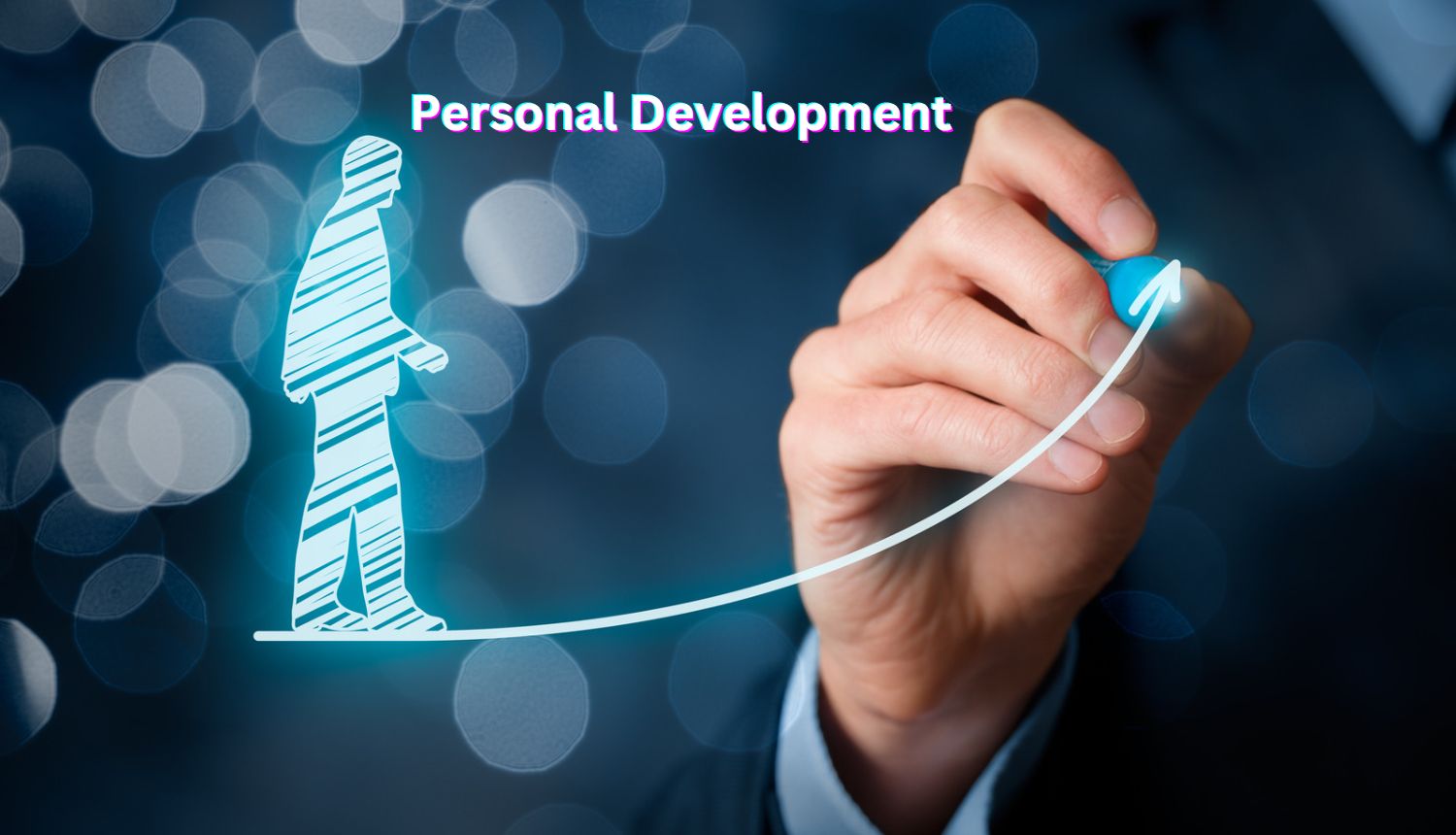Personal development
- Get link
- X
- Other Apps
"The Journey to Personal Development : Building a Better You"
The Art of Personal Development: A Lifelong Journey
Personal development is a process of self-improvement and self-awareness that empowers individuals to reach their full potential. It involves the conscious pursuit of personal growth in areas such as mental, emotional, physical, and social well-being. The path to personal development is unique for each individual, but it is guided by common principles that can lead to a more fulfilling and balanced life. Here, we explore the key pillars of personal development and strategies for making it a lifelong journey.
1. Self-Awareness: The Foundation of Growth
The journey toward personal development begins with self-awareness—the ability to recognize and understand your own emotions, motivations, strengths, and limitations. Self-awareness provides clarity, allowing you to identify what areas of your life need improvement and what actions will bring you closer to your goals.
Tips for Building Self-Awareness:
- Reflect on your thoughts and emotions through journaling.
- Seek feedback from trusted friends, family, or colleagues.
- Practice mindfulness to stay present and in tune with your feelings.
2. Goal Setting: Creating a Roadmap
Once you have a deeper understanding of yourself, the next step is to set clear, achievable goals. Goal setting gives your personal development efforts structure and direction. Whether it's advancing in your career, improving relationships, or developing a new skill, having a clear vision helps you stay focused.
How to Set Effective Goals:
- Use the SMART criteria: Specific, Measurable, Achievable, Relevant, and Time-bound.
- Break down larger goals into smaller, manageable steps.
- Regularly assess and adjust your goals as you progress.
3. Continuous Learning: Fuel for Growth
Personal development thrives on the principle of lifelong learning. The world is constantly changing, and so are we. To keep pace with this change and to continue growing, it's essential to cultivate a mindset of curiosity and learning.
Ways to Stay Committed to Learning:
- Read books and articles that challenge your perspective.
- Take online courses or attend workshops to gain new skills.
- Learn from your experiences, both successes and failures.
4. Emotional Intelligence: Navigating Relationships
Developing emotional intelligence (EQ) is crucial for personal and professional success. EQ is the ability to manage your own emotions and understand the emotions of others. People with high emotional intelligence are often better at handling stress, resolving conflicts, and building strong relationships.
Strategies to Enhance Emotional Intelligence:
- Practice empathy by actively listening to others.
- Learn to manage stress and negative emotions in a healthy way.
- Cultivate gratitude and mindfulness to stay emotionally balanced.

5. Physical Well-Being: Energizing the Mind and Body
Personal development isn't just about mental and emotional growth; it also includes taking care of your physical health. Physical well-being provides the energy and resilience needed to face life’s challenges and pursue your goals.
Steps to Improve Physical Well-Being:
- Establish a regular exercise routine that you enjoy.
- Maintain a balanced diet that nourishes your body and mind.
- Prioritize sleep and rest for mental clarity and physical recovery.
6. Resilience and Adaptability: Bouncing Back from Setbacks
Life is full of obstacles, but how you respond to these challenges defines your growth. Resilience is the ability to bounce back from adversity, while adaptability is the willingness to adjust to new circumstances. Cultivating these traits helps you navigate setbacks with a positive mindset and keeps you moving forward.
Tips for Building Resilience and Adaptability:
- Embrace challenges as opportunities for growth.
- Learn from failure instead of fearing it.
- Surround yourself with supportive and positive influences.
7. Self-Discipline: The Key to Consistency
Consistency is the backbone of personal development, and self-discipline is what keeps you on track. Whether you're striving to build a new habit or overcome a bad one, self-discipline ensures that you stay committed to your goals, even when motivation wanes.
How to Build Self-Discipline:
- Set daily routines and stick to them.
- Eliminate distractions and focus on your priorities.
- Celebrate small victories to maintain momentum.
8. Mindfulness and Reflection: A Daily Practice
Personal development isn’t a one-time achievement; it's an ongoing process. Mindfulness and regular reflection help you stay aligned with your values and assess your progress. Taking time each day to reflect on your thoughts, behaviors, and experiences allows you to make adjustments and maintain a growth-oriented mindset.
Practices to Incorporate Mindfulness:
- Set aside quiet time for meditation or deep breathing.
- Practice gratitude by listing things you’re thankful for.
- Reflect on your daily actions and how they contribute to your long-term goals.
Conclusion: A Lifelong Commitment to Growth
Personal development is a lifelong journey that evolves with time and experience. By committing to self-awareness, continuous learning, emotional intelligence, and self-discipline, you can unlock your full potential. Remember, the path to personal growth isn’t linear—it's full of challenges and rewards, but each step you take brings you closer to becoming a best version of yourself.
- Get link
- X
- Other Apps
Comments
Post a Comment